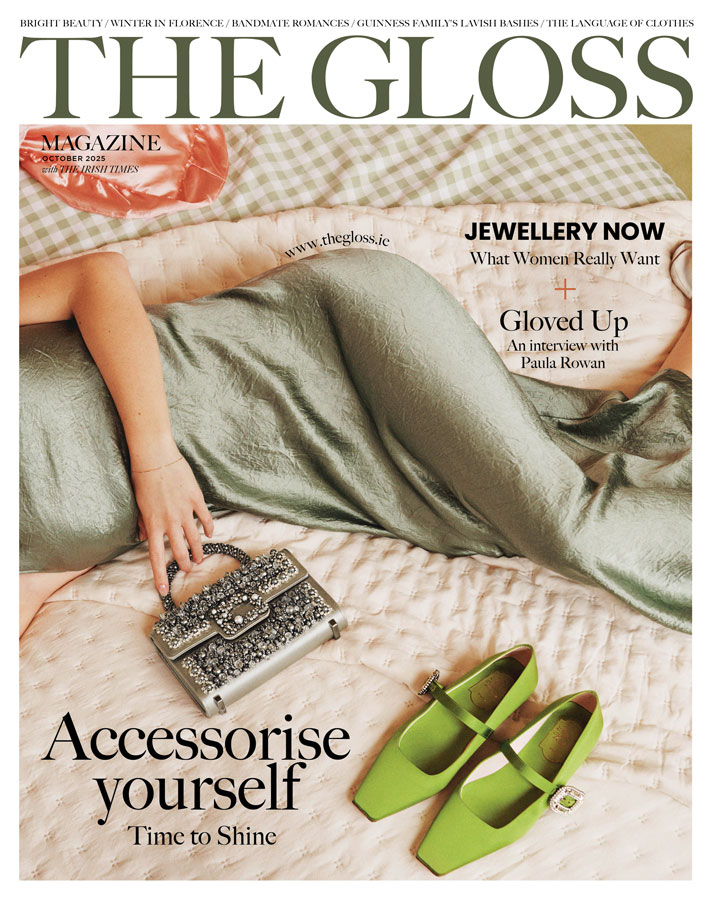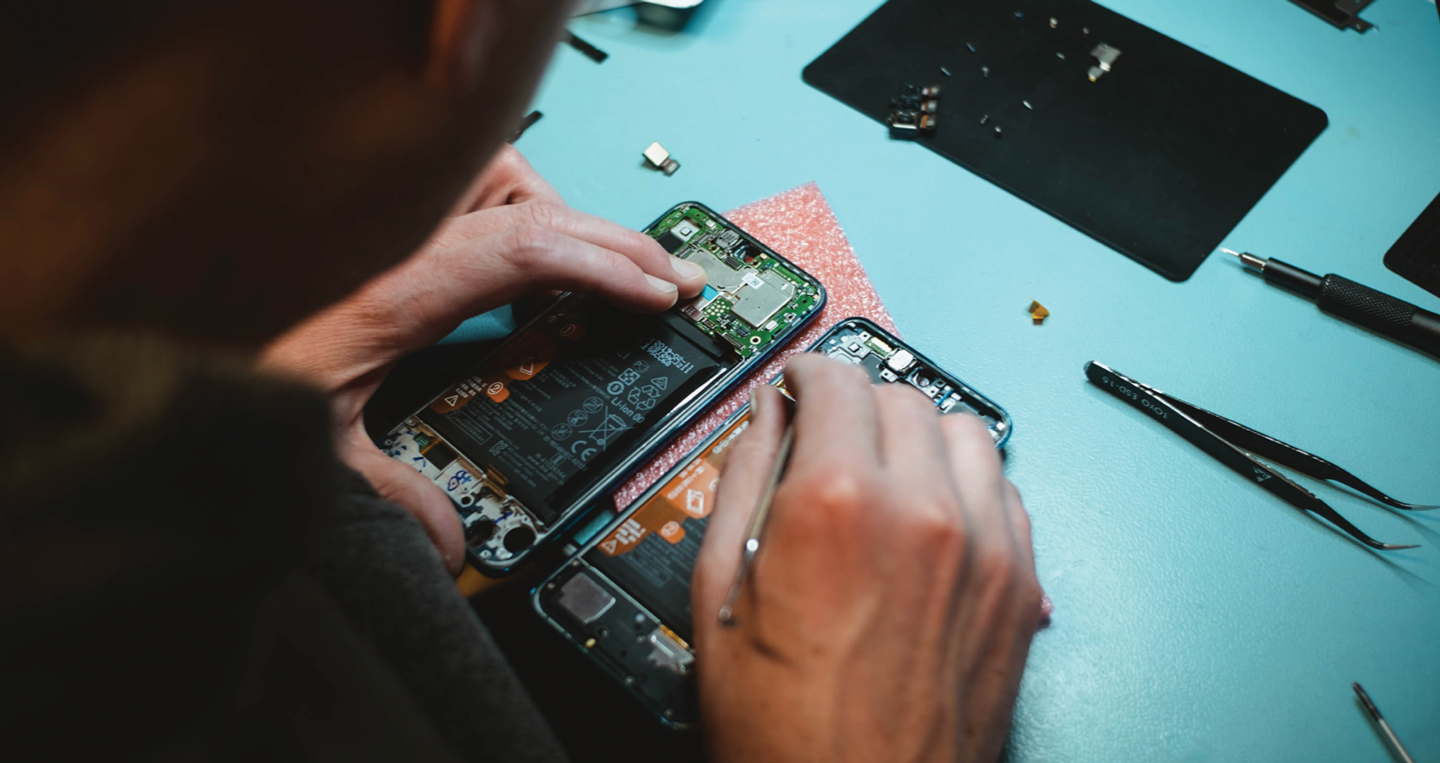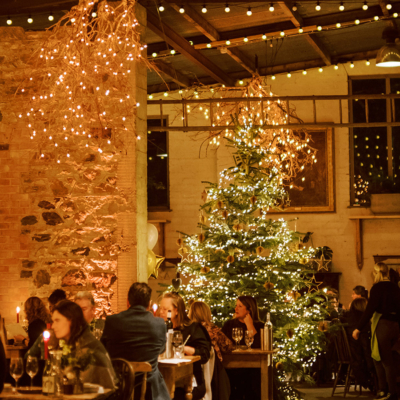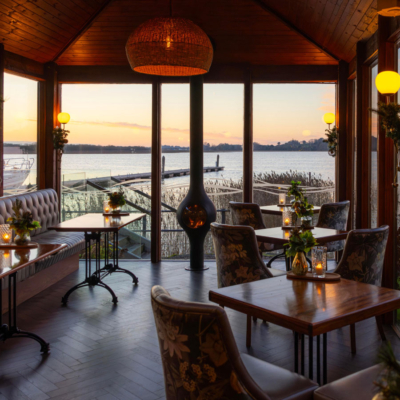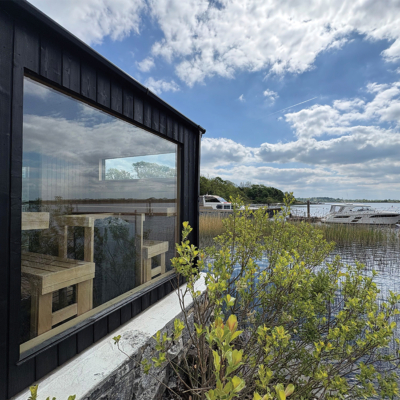Don’t throw it out, have it repaired, says Holly Hughes
“At a time when it’s easy to feel frustrated or concerned about the climate crisis, we’re offering people a practical solution. And while it may just be a small thing like getting your toaster fixed, it’s tangible, and that feels really good.” So says Chris McCartney, co-founder of Repair Café Belfast. Online you will find many statistics which illustrate the vast amount of stuff Irish people throw away every year. Broken lamps, toys, hairdryers, radios, furniture: you name it, we bin it. But I don’t believe these statistics tell the full story of why the Irish – a people known for both craftsmanship and sentimentality – are seemingly so quick to discard things. So this is a story of how the joy of repairing things was lost to disposability culture, and what Irish people are doing to get it back.
Nadja Deininger, a fixer at TOG’s Repair Café in Inchicore, which runs quarterly repair events, says that one of the reasons we are forced to throw away our stuff, particularly electronics, is because they are not made to be repaired. “It’s a problem created by manufacturers,” Nadja tells me. “Devices are built with planned obsolescence, making them diffcult to take apart. Manufacturers also restrict access to the components and tools needed to repair their products or require devices to be repaired at their own stores for a steep price.” Aside from this barrier to affordable and easy repair, there is another obstacle: ourselves. “A lot of people simply don’t know where to start with a broken item, may not know where to find instructions for fixing them, or think they don’t have the skills,” Nadja explains. That’s where repair cafés come in. Repair cafés are free community events at which volunteer fixers mend broken items brought in by the public. On a weekend morning, with the promise of a hot coffee and a bun, these cafés unite people of all ages and backgrounds to share both their knowledge and the stories behind the objects that enrich and ornament our lives.
While the success rate of repair for these cafés is high – both Nadja and Chris, who helped set up Belfast’s first repair café in 2017, reckon it to be roughly 70 per cent – what these events offer goes far beyond the practicality of fixing something broken. “For some people, it’s literally a case of their toaster being broken and they are missing their toast,” Chris explains. “But others come for the community aspect. They really enjoy the atmosphere and the buzz. We pay a lot of attention to that and give everyone a really warm welcome.”
The joy of the repair movement is that it is about keeping things, without guilt or shame.
At the centre of this community building focus is the opportunity to learn from one another. “It’s really important to our fixers that they show people how they’re repairing the item. We ask people to sit with the repairer while they’re working. This provides a personal connection and enables the person to see how their item works and to get an explanation of what’s going on.” This creates a contagious atmosphere of invigoration and empowerment. Chris recalls a woman who came in with a broken dining room chair. She sat beside her fixer while he worked and at the end, said: “That was wonderful! I’m going to repair the other five myself!”
Trevor Keys, a musician, carpenter and retired musical shop owner, repairs musical instruments. In his 80th year, Trevor is now helping set up a repair café at his Men’s Shed in Portstewart (and even teaches ukelele to some of the members). For Trevor, it’s about spreading happiness and paying back some of the good fortune he’s experienced in life. “Satisfaction: that’s the name of the game. This is payback time for the careers I have had and it’s an absolute pleasure.”
Across Ireland, the art and joy of repair is beginning a resurgence. Last year, Repair Acts Ireland launched a year-long project that celebrated repair culture with exhibitions, workshops, and a gallery of repaired items shared by members of the public. The project also began to draft? Ireland’s first Repair Declaration: a crowdsourced set of intentions and actions that will enable us to develop more vibrant, local repair cultures. Of course, as repair cafés only run for a few hours, they are only a part of the solution. A holistic and flourishing repair culture is required to move towards a more sustainable economy. Repair businesses are vital for reducing needless waste and repair cafés highlight that need. “We think of ourselves as a first aid clinic for your stuff,” Chris explains. “But often it needs to go to the hospital. We point people to those repair businesses.”
When it comes to finding professional fixers, www.repairmystuff.ie is a good online directory of repair services available throughout Ireland. Enter your location and the item you would like to have repaired and the nearest available repairers should pop up. (We found someone to repair a Roberts radio in Dublin and a piano in Kildare, for instance.)
When I ask Nadja and Chris what advice they would give to anyone reading this who can’t find a repairer or doesn’t have a repair café nearby, neither of them hesitate. They say, set up your own: “When we organised our first event, we had never set foot in a repair café before,” says Chris. “But there were resources online to help us. Existing repair café teams are passionate about what they do too, and love to share their story.” Repair Café Belfast has established several other cafés across Northern Ireland and are more than happy to share advice and knowledge. Nadja adds that you can start with a simple skills swap. “You can organise skills trades in your own friend group or family. “Help fix a friend’s bicycle in exchange for them helping you fix your laptop.” Who knows where it might lead?
When so much of climate action involves the sacrificing of things – meat, holidays abroad, an online shopping haul, a roaring winter fire – the joy of the repair movement is that it is about keeping things, without guilt or shame. “Here’s a little climate action you can take and feel really joyful about,” Chris says. “There’s no sense of going without or losing something. You get to keep that thing that you love. In fact, you’re actually gaining something. You’re gaining community connection and a sense of your own efficacy and power.” @holly_hughes_words




